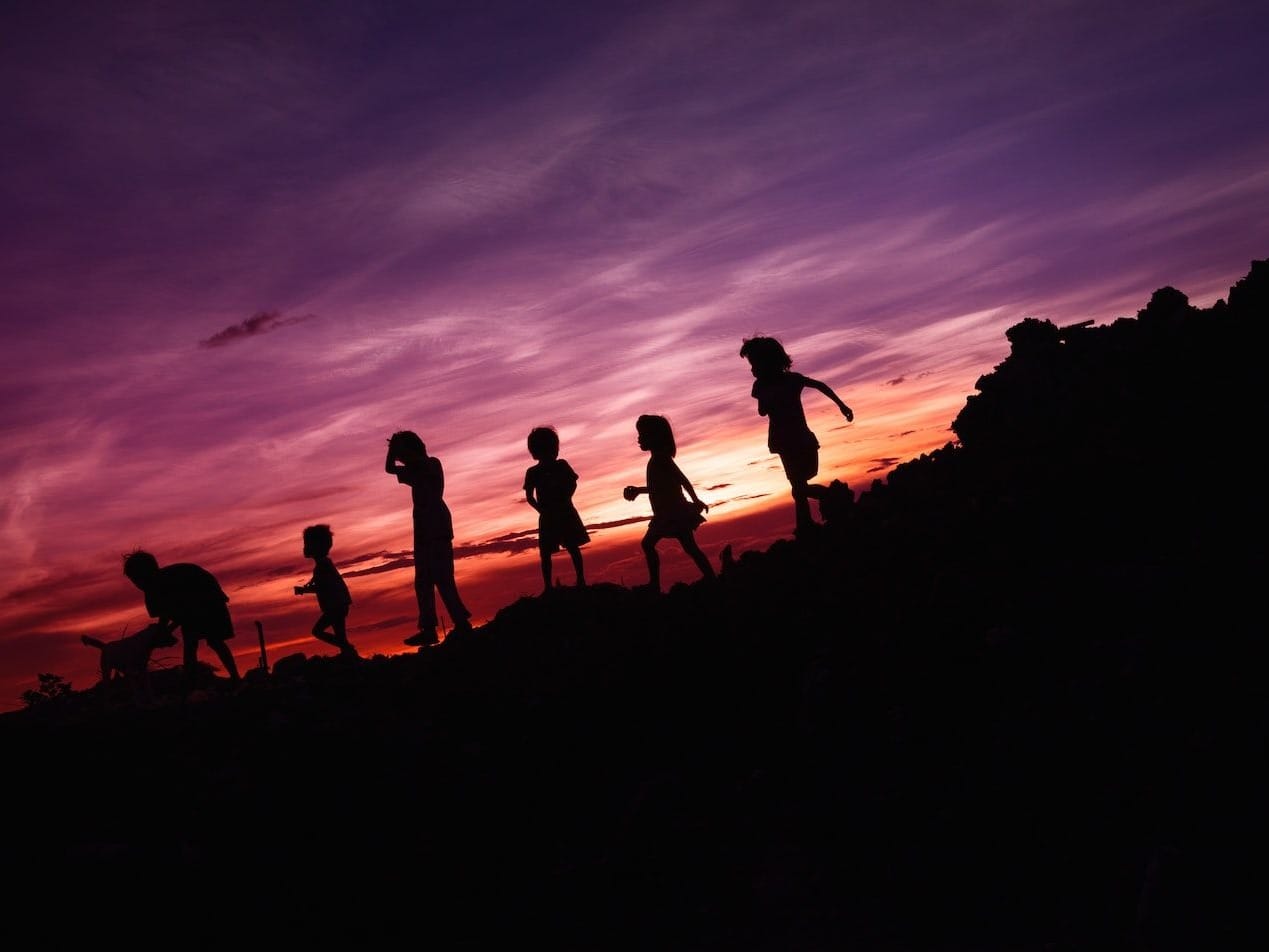Around 80% of the world's 2.2 billion children lack even the most basic social safeguards to protect them from disease, exploitation and abject poverty and to ensure they have access to basic health care and education, the U.N. reports.
In a new report made public Wednesday by UNICEF and the International Labor Organization, researchers say that 1.77 billion children up to the age of 18 lack access to a child or family cash benefit, a fundamental pillar of a social protection system. Among those, about 1.46 billion children are younger than 15.
Researchers find 1.77B children worldwide lack basic safety net
The number of children without basic social protections is increasing worldwide, UNICEF and ILO say in a new study.

Latest

Nations make 'history in Geneva' with landmark pandemic treaty deal
WHO members finally reach consensus on a draft pandemic agreement after 13 formal rounds of meetings since Dec. 2021.

Subscribe to Arete News and support our mission of creating shared facts
Deal: A one-year Arete News | Plus+ annual subscription with unrestricted digital access, normally $100, now for only $30.

AI promoted for research and innovation in Africa and Europe
An A.U.-E.U. workshop focused on how to use AI to enable the 'economic integration' and success of more techology startups.

U.N. health agency members closing in on a new pandemic agreement
Talks will reconvene next week to finish a proposed global accord for the World Health Assembly to take up in May.




